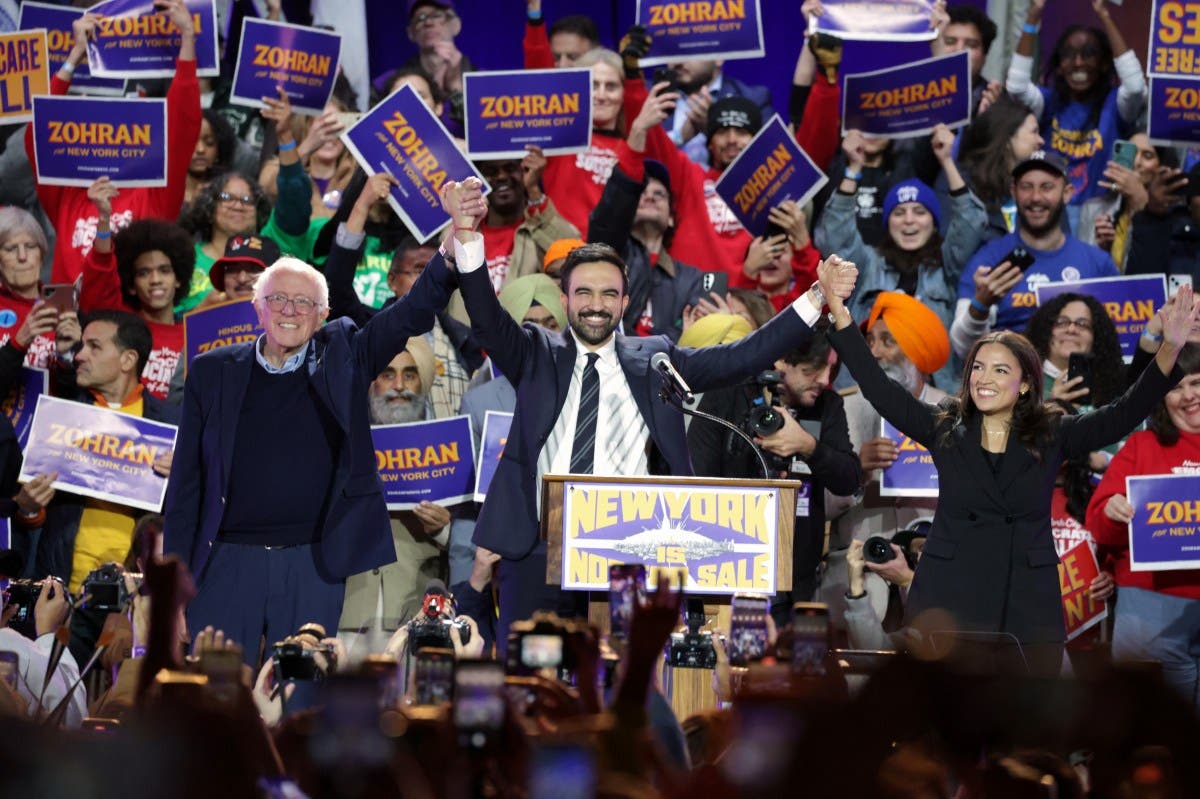Democratic socialism is gaining traction in American politics, with candidates like Zohran Mamdani in New York City and Omar Fateh in Minneapolis bringing the ideology into the spotlight. While often misunderstood, democratic socialism promotes a blend of political democracy and economic equity—distinct from authoritarian regimes historically associated with socialism.
Modern democratic socialists advocate for citizen-driven economic structures, universal healthcare, living wages, and public ownership of key services, all within a democratic framework. The Democratic Socialists of America (DSA), a leading activist group, emphasizes empowering the multiracial working class and shifting resources from policing to community investment.
Unlike regimes such as North Korea or the former Soviet Union, democratic socialism rejects autocracy and centralized power. Political scientist Donald F. Busky defines it broadly as “all forms of socialism which reject autocracy”. The ideology seeks reform through elections, not revolution, and does not call for the abolition of capitalism but rather its regulation to reduce inequality.
Countries like Sweden, Denmark, and Finland are often cited as democratic socialist models due to their strong social safety nets and public services. These nations combine market economies with policies that promote social welfare, earning high marks for happiness and trust.
Most democratic socialists in the U.S., including Mamdani and Rep. Alexandria Ocasio-Cortez, run as Democrats due to the two-party system. Others, like Sen. Bernie Sanders, identify as independents but share similar policy goals.
